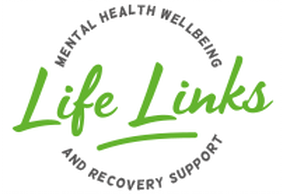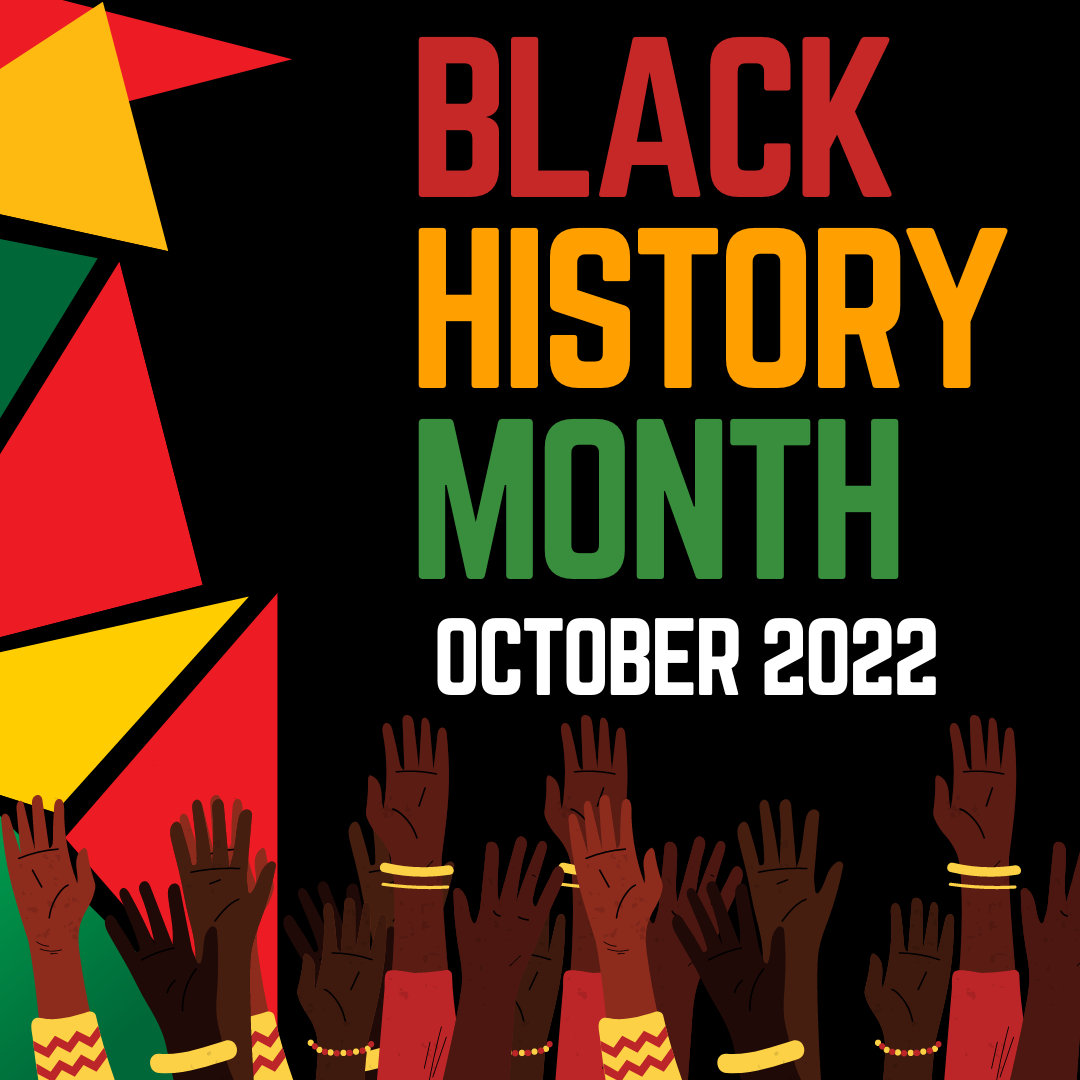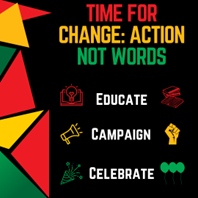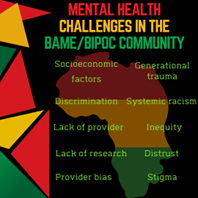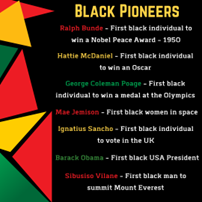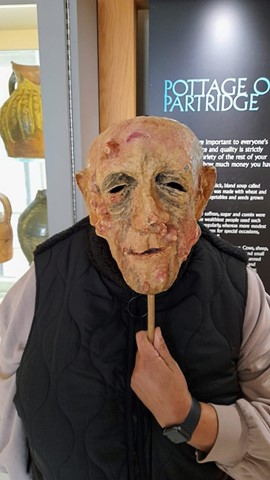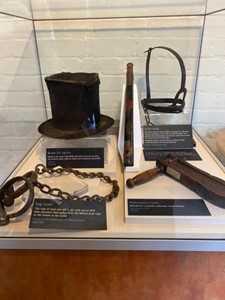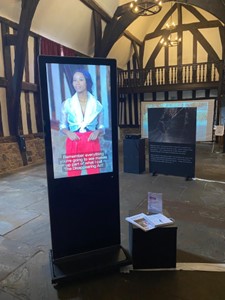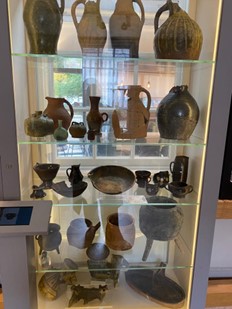
Time For Change: Action Not Words
By Daisy Brown – Volunteer Co-ordinator
Black History Month 2022 was about encouraging the world to do something, to follow through on statements with actions that make the difference we talk about.
Research suggests that individuals in the black community are 25% less likely to seek support for their mental health. Additionally, black men are the least likely to seek mental health support. Furthermore, individuals in the Black, Asian and minority ethic groups have reported that they refrain from acknowledging mental health problems.
There are a variety of factors contributing to these statistics including, but not limited to; Socioeconomic factors, generational trauma, discrimination, systematic racism, lack of providers, inequity, lack of research, distrust, provider bias and stigma.
“A survey of over 14,000 adults by the mental health charity Mind has revealed that existing inequalities in housing, employment, finances and other issues have had a greater impact on the mental health of people from different Black, Asian and Ethnic Minority (BAME) groups than white people during the coronavirus pandemic.”
Other findings from Mind:
“Almost one in three (30 per cent) BAME people* said problems with housing made their mental health worse during the pandemic, compared to almost one in four (23 per cent) white people.
• Employment worries have negatively affected the mental health of 61 per cent of BAME people, compared to 51 per cent of white people
• Concerns about finances worsened the mental health of 52 per cent of people who identified as BAME, compared to 45 per cent of those who identified as white.
• Other issues saw a similar pattern, including getting support for a physical health problem (39 per cent vs 29 per cent) and being a carer (30 per cent vs 23 per cent).”
So, as a mental health charity having read these statistics, how have we supported Black History Month?
Our National Charity, Richmond Fellowship, values diversity and here at the Life Links service we keep this at the core of what we do.
On the back of the statement made by Richmond Fellowship to be more proactive in diversifying our workforce, Life Links itself have supported Black History Month through raising awareness in our staff team, on social media and bringing black culture to the frontlines of our group work.
We have researched problems faced by the BAME community to improve our knowledge and we posted some of this information on social media multiple times throughout the month to bring awareness to the key issues raised by this year’s theme. Recovery workers Brooke and Tara took the lead on researching and designing these posts. The month began with an introductory post, followed up by what we know about the black community and the prevalence of poor mental health due to a variety of factors. This was followed by a post introducing the theme for this year and the actions from Recovery Focus in support of this. Towards the end of the month we posted about other organisations that support Black History Month, and pioneers in the black community who achieved amazing things, driving change, equality and recognition for the hard work done by black individuals. The month finished on a post exploring identity and ideas to help maintain good levels of wellbeing. We acknowledged in this post that society should promote awareness and support the community all year-round, as opposed to in Black History Month alone. Please see a small selection of what we posted (@rfleiclifelinks):
In our weekly peer support group, Creative Links, the people we support decorated traditional African tribal masks to learn more about the history. We centred conversations about what the group members knew of black history and were open to discussions about how they could improve their awareness. Please see the below photo:
Our weekly walk and talk group visited the Black History Month exhibition at the Guildhall in Leicester (12/10/2022). It was titled ‘The Disappearing Act’ and was presented by Serendipity Institute for Black Arts and Heritage. The exhibition featured videos to be watched and more. 5 members attended this group and had a walk around the event!
For more organisations specifically for BIPOC / BAME communities please see below:
